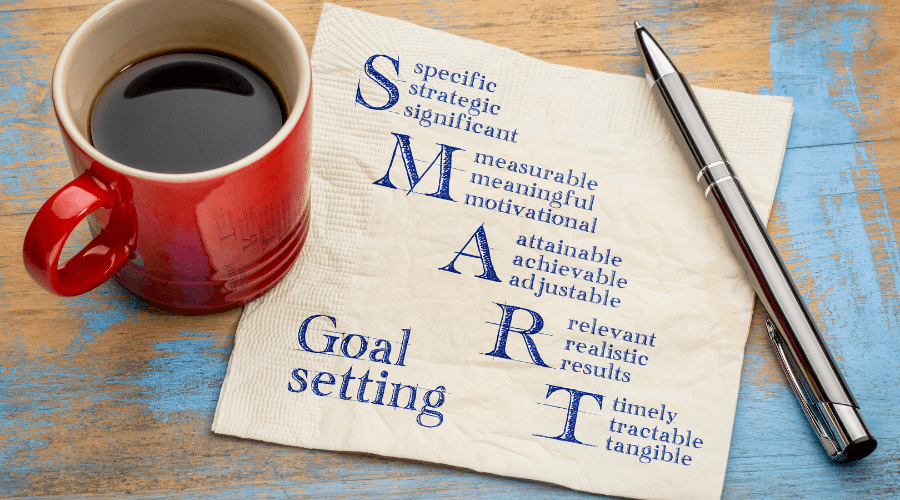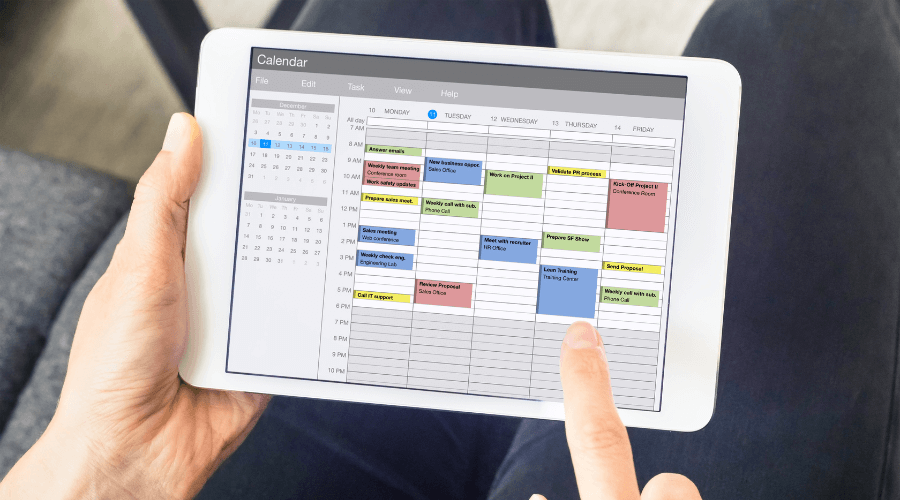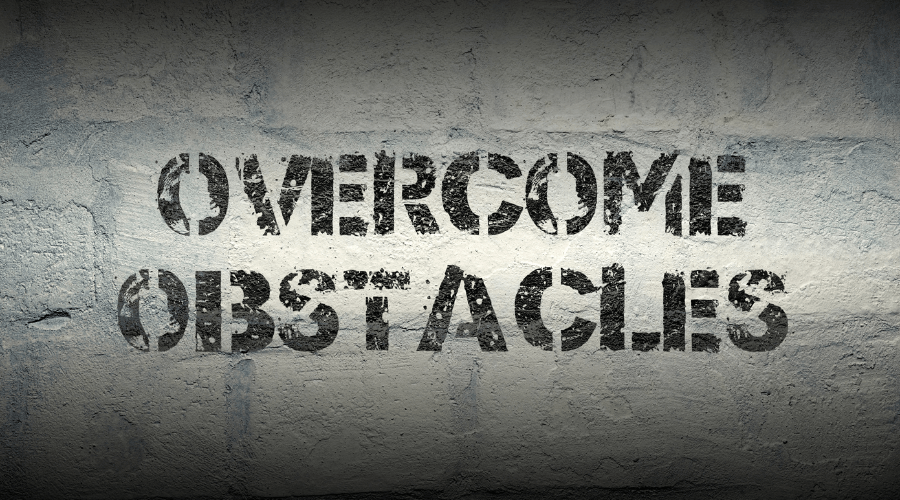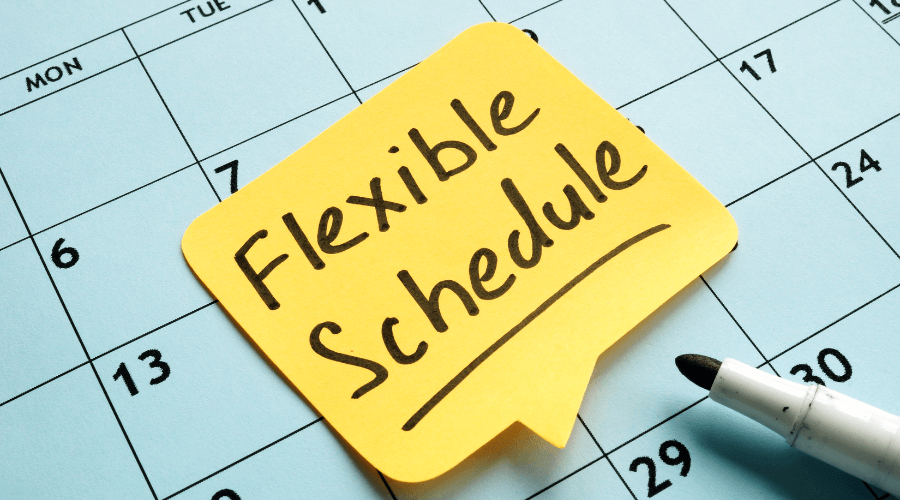10 Effective Ways of Overcoming Procrastination for a Productive Workflow
Procrastination can sneak up on you, turning simple tasks into insurmountable obstacles.
We’ve all been there—endlessly scrolling through social media or binge-watching shows instead of tackling that critical project.
The good news?
Overcoming procrastination is entirely possible with the right strategies.
Imagine transforming your endless to-do list into a series of achievable goals.
Understanding the root causes of procrastination and employing practical techniques can boost productivity and reclaim your time.
Ready to break free from the cycle of delay?
Let’s explore practical ways to conquer procrastination and achieve more in your daily life.
Identify Your Procrastination Triggers
Figuring out what drives your procrastination is essential for overcoming it. By identifying these triggers, you can address the underlying causes more effectively.
Self-Assessment Techniques
Start by examining your thoughts and behaviours.
Use a journal to note moments when you put off tasks. Reflect on what you were thinking and feeling at that time.
Ask yourself questions like, “Was I feeling overwhelmed?” or “Did I lack interest in the task?” Keeping track helps you identify recurring themes.
Try using a productivity app designed for self-assessment. Apps like RescueTime or Toggl can provide insights into how you spend your time. These tools give you data-driven evidence that highlights when and why you procrastinate.
Recognizing Patterns and Triggers
Pay attention to common procrastination patterns.
Do you often delay tasks involving certain types of work? For example, you procrastinate more on writing reports than attending meetings. Recognizing these patterns helps you better understand your specific triggers.
Notice environmental and emotional triggers. You procrastinate more when working at home than at the office. A noisy environment or a bad mood leads to delay. Identifying these factors helps you create strategies to mitigate their impact.
Understanding your procrastination triggers is critical to improving your productivity and managing your time effectively.
Set Clear and Realistic Goals
Setting clear and realistic goals is crucial in overcoming procrastination. By defining what you need to achieve, you can create a roadmap to follow.
Importance of S.M.A.R.T Goals
S.M.A.R.T goals are Specific, Measurable, Achievable, Relevant, and Time-bound.
These criteria ensure your goals are clear and reachable.

For example, instead of saying, “I’ll finish my project soon,” say “I’ll complete the first draft of my project by Friday.”
This creates a concrete objective and timeframe that helps you stay focused and motivated.
According to a study by Locke and Latham, S.M.A.R.T goals can significantly enhance productivity and performance.
Breaking Big Tasks into Smaller Steps
Breaking big tasks into smaller, manageable steps makes them manageable.
For instance, if you need to write a 20-page report, create an outline, then draft one section at a time.
This makes the task seem less daunting and gives you a sense of progress as you complete each step.
Utilizing task management tools like Trello or Todoist can help organize these smaller tasks and keep you on track.
Develop a Structured Schedule
Creating a structured schedule can significantly reduce procrastination by providing clear guidance on what tasks to prioritize and when to complete them.

Prioritizing Tasks
Identify essential tasks by focusing on those with the highest impact. Use the Eisenhower Matrix to categorize tasks into four quadrants: urgent/important, not urgent/important, urgent/not necessary, and not urgent/not necessary.
Allocate time primarily for tasks in the urgent/essential quadrant and use tools like Asana or Trello to keep track.
Time Blocking Method
Implement the time-blocking method to segment your day.
Dedicate specific time blocks to individual tasks or groups of similar tasks.

For example, I spend two hours in the morning on project work and one hour in the afternoon on emails.
Use digital calendars like Google Calendar to set reminders and consistently stick to your blocked times.
Create a Conducive Work Environment
Creating a conducive work environment is essential for overcoming procrastination. Optimizing your surroundings can enhance focus and productivity.
Minimizing Distractions
To maintain concentration, eliminate distractions.
Silence your phone and turn off unnecessary notifications. Use apps like Freedom or Cold Turkey to block distracting websites.

Inform your household or colleagues about your work hours to minimize interruptions.
Arrange your workspace away from noisy areas, ensuring you have a quiet, dedicated spot for work.
Importance of Comfortable Settings
Ensure comfort to boost productivity. Invest in an ergonomic chair and desk to support proper posture.
Adjust your lighting to reduce eye strain, using task lighting if necessary. Keep your workspace clean and organized, reducing mental clutter. Personalize your environment with items like plants or motivational quotes to create a space where you feel motivated to start and complete tasks.

Use Technology to Your Advantage
Leveraging technology can be a powerful way to combat procrastination. Modern apps and tools are designed to help you stay productive and on track.

Apps and Tools for Productivity
Download productivity apps like Trello, Asana, or Todoist to manage tasks efficiently.
Trello uses a card-and-board system for visual organization, while Asana focuses on team collaboration with project timelines.
Todoist blends to-do lists with project management features. Each app offers unique benefits, so pick one that best fits your workflow.
Setting Reminders and Alarms
Set reminders on your phone or computer to keep track of deadlines and important tasks.
Use apps like Google Calendar or Microsoft Outlook to schedule alerts. Configure alarms for specific times to break tasks into manageable chunks, such as the Pomodoro Technique, which uses 25-minute bursts of focused work followed by short breaks.
Cultivate Self-Discipline and Motivation
Maintaining self-discipline and motivation is vital to overcoming procrastination. Cultivating these skills requires consistent effort and strategic planning.
Rewards and Self-Incentives
Implement rewards to boost your motivation. Celebrate small milestones with treats like a favourite snack, a short break, or listening to a song you love.

Use these incentives to create a positive association with task completion.
According to a study by the University of Chicago, self-rewarding can significantly improve productivity and task engagement.
Create a visible reward system to track progress. Mark accomplished tasks with charts, stickers, or apps.
Seeing your progress visually can encourage you to keep going and stay disciplined.
Apps like Habitica turn your goals into a game, providing consistent motivation through rewards and level-ups.
The Role of Accountability Partners
Seek accountability partners to keep you on track. Share your goals with a friend, colleague, or family member who can regularly check on your progress.
Knowing someone else monitors your productivity can increase your motivation and adherence to your tasks.
A study by the American Society of Training and Development found that having an accountability partner increases the likelihood of success by up to 65%.
Engage in regular meetings to discuss your progress. Set up weekly or bi-weekly check-ins via call or in person to review your accomplishments and areas for improvement. This will keep you accountable and allow you to receive valuable feedback and support.
Adopt Healthy Lifestyle Changes
Adopting healthy lifestyle changes can significantly impact your ability to overcome procrastination. Focusing on sleep, diet, and exercise will help improve your overall well-being and productivity.
Importance of Sleep and Diet
Prioritize getting 7-9 hours of sleep each night. Quality sleep improves cognitive function, decision-making, and energy levels, making it easier to tackle tasks.
A consistent sleep schedule helps regulate your body’s internal clock and boost productivity.

Maintain a balanced diet to support brain health. Nutrient-rich foods like fruits, vegetables, whole grains, and lean proteins provide the energy and focus needed for sustained work.
Avoid excessive caffeine and sugar, which can lead to energy crashes and hinder concentration.
Exercise and Mental Health
Incorporate regular exercise into your routine to boost your mental health. Physical activity releases endorphins, reduces stress, and enhances mood, all combat procrastination.
Aim for at least 30 minutes of moderate exercise on most days, whether through activities like walking, cycling, or yoga.
Practice mindfulness and stress-reduction techniques. Mindfulness practices like meditation or deep-breathing exercises can help improve focus and reduce anxiety, making it easier to stay on task.
Regularly engaging in these activities fosters mental clarity and resilience against procrastination tendencies.
Be Kind to Yourself
Overcoming procrastination can be a struggle, so remember to treat yourself with compassion. Embracing self-kindness can make a significant difference in your productivity journey.
Understanding and Overcoming Setbacks
Acknowledge that setbacks are a natural part of the process. It is crucial to recognize that everyone faces obstacles and that these moments don’t define your capabilities.
When you encounter a setback, instead of being harsh on yourself, identify what went wrong and plan to address it.

For instance, if you missed a deadline, analyze why it happened and implement strategies to avoid it in the future. By learning from your setbacks, you can turn them into opportunities for growth.
Incorporating Flexibility and Breaks
Integrate flexibility into your schedule to prevent burnout.
It’s essential to give yourself permission to take breaks and adjust your plans.
A rigid schedule can sometimes exacerbate procrastination.

Instead, try scheduling short breaks between tasks to refresh your mind, like a 5-minute walk or a quick stretch.
Research shows that regular breaks can boost productivity. Using techniques like the Pomodoro Technique, where you work for 25 minutes and then take a 5-minute break, can help maintain momentum and prevent mental exhaustion.
You’ll create a more sustainable and productive workflow by being kind to yourself, understanding setbacks, and incorporating flexibility and breaks.
Conclusion
Overcoming procrastination isn’t about perfection; it’s about progress.
By understanding your habits and implementing practical strategies, you can significantly reduce procrastination’s impact on your life.
Remember to celebrate small victories and stay patient with yourself. Consistency and self-compassion are key. With these approaches, you’ll build a more productive and fulfilling routine, paving the way for long-term success.







